Health
Types of Surgery for Liver Cancer
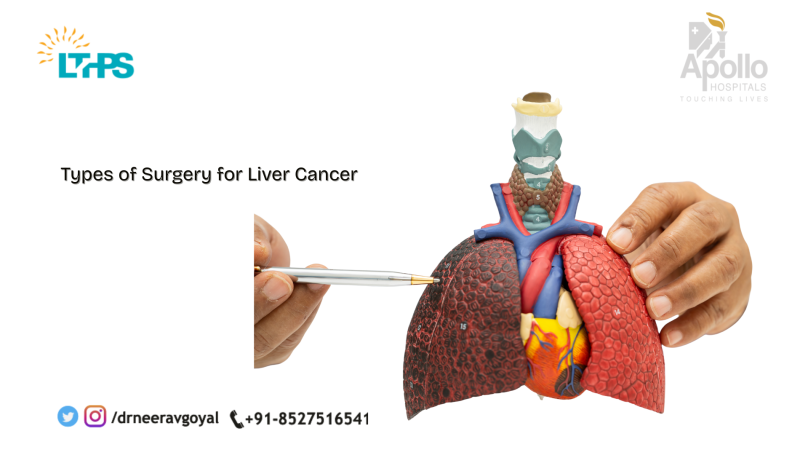
Introduction
When you hear the word cancer, it can sound terrifying. And when it affects a vital organ like the liver, the fear doubles. But here’s the good news — liver cancer is treatable, especially when diagnosed early and managed by experienced specialists. Among the most effective treatments is surgery, which can remove the tumor and, in many cases, save lives.
If you or your loved one is facing this condition, understanding the types of surgery for liver cancer can make the journey less overwhelming. Think of it like learning the map before a big road trip — it helps you make confident choices along the way.
Learn about the different types of surgery for liver cancer and how the best liver transplant specialist in Delhi can help you choose the right treatment.
1. Understanding Liver Cancer
The liver is your body's detox center-- it filters toxins, stores nutrients, and helps digest fats. Liver cancer happens when abnormal cells grow uncontrollably in the liver tissue.
There are two main types:
Primary liver cancer-- starts in the liver itself (like hepatocellular carcinoma).
Secondary liver cancer (metastatic)-- spreads from another organ to the liver.
Surgery is often the first line of defense for primary liver cancer when the tumor hasn't spread too far.
2. When is Liver Surgery Recommended?
Not every patient with liver cancer is a candidate for surgery. Doctors recommend it when:
The tumor is localized (confined to one area).
The remaining liver is healthy enough to function after part removal.
The patient's overall health allows major surgery.
It's like pruning a tree-- the goal is to remove only the diseased branches while keeping the tree healthy and growing.
3. How Doctors Decide the Right Type of Surgery
Choosing the right surgical option isn't one-size-fits-all. The best liver transplant specialist in Delhi carefully evaluates:
Tumor size and location
Liver function (through tests like the Child-Pugh score).
Overall health condition.
Whether there's cirrhosis (liver scarring).
This careful evaluation ensures that surgery offers the best chance for cure or long-term survival.
4. Partial Hepatectomy (Liver Resection).
What Is It?
In a partial hepatectomy, the surgeon removes the part of the liver containing the tumor. The remaining healthy liver tissue regenerates over time-- yes, your liver can regrow like a starfish's arm!
When Is It Used?
This procedure is ideal for patients with small, localized tumors and otherwise healthy liver function.
Benefits.
Removes the cancer completely.
No need for a donor organ.
Faster recovery than a transplant.
Limitations.
It's not suitable for patients with extensive cirrhosis or multiple tumors spread across the liver.
5. Liver Transplant Surgery.
What Is It?
In a liver transplant, the diseased liver is replaced with a healthy liver from a donor (living or deceased). This is often the best choice when the cancer can not be removed safely by resection or when cirrhosis is severe.
Who Qualifies?
Patients with early-stage liver cancer who meet the Milan Criteria (up to 3 small tumors or one large but limited tumor) often qualify.
Benefits.
Treats both cancer and underlying cirrhosis.
Offers excellent long-term survival.
Reduces recurrence risk.
Role of the Specialist.
The best liver transplant specialist in Delhi ensures precise evaluation, donor matching, and post-transplant care, which are vital for success.
6. Laparoscopic and Robotic Liver Surgery.
What Is It?
Minimally invasive liver surgery uses small incisions and advanced tools to remove tumors.
Why It's Popular.
It causes less pain, minimal scarring, and quicker recovery. Robotic systems offer unmatched precision-- like using a joystick to perform surgery with millimeter accuracy.
When Used.
For small tumors or when the cancer is detected early.
7. Ablative Procedures (Non-Resection Options).
Sometimes, surgery isn't possible. That's where ablative therapies step in-- they destroy cancer cells without removing part of the liver.
Common Types:.
Radiofrequency Ablation (RFA): Uses heat to kill cancer cells.
Microwave Ablation: Works faster and penetrates deeper than RFA.
Cryoablation: Freezes the tumor cells to destroy them.
These options are often used for patients unfit for surgery but with localized cancer.
8. Combined Approaches in Advanced Cases.
For advanced or multiple tumors, doctors may combine surgery with other treatments:.
Transarterial chemoembolization (TACE).
Radioembolization.
Targeted therapy or immunotherapy.
It's like a team effort-- each treatment plays its part to stop cancer's growth.
9. Recovery After Liver Cancer Surgery.
Recovery depends on the surgery type and patient's health. Most people stay in the hospital for about a week after a hepatectomy and 2-- 3 weeks after a transplant.
Post-surgery care includes:.
Regular liver function tests.
Balanced nutrition and hydration.
Avoiding alcohol and processed foods.
Gradual physical activity.
The liver's ability to regenerate means recovery can be remarkable-- but it requires patience and discipline.
10. Risks and Complications You Should Know.
Every surgery carries risks. The most common ones for liver surgery are:.
Bleeding.
Bile leakage.
Infection.
Rejection (in transplant cases).
Liver failure.
Choosing an experienced surgeon greatly minimizes these risks. That's why consulting the best liver transplant specialist in Delhi is so important.
11. How to Prepare for Liver Surgery.
Preparation plays a big role in recovery success. Doctors usually advise:.
Stopping alcohol and smoking.
Optimizing nutrition with protein-rich meals.
Controlling diabetes and hypertension.
Psychological counseling to reduce stress.
Think of it as tuning your car before a long drive-- preparation ensures smooth performance.
12. Life After Liver Surgery.
After surgery, patients often ask-- "Will I live a normal life again?".
The answer is usually yes! With regular monitoring, healthy lifestyle changes, and expert follow-up, many return to daily routines, work, and family life.
Post-surgery tips:.
Eat liver-friendly foods (fruits, vegetables, lean proteins).
Maintain healthy weight.
Regular checkups and imaging scans.
Take prescribed medications regularly.
13. Role of the Best Liver Transplant Specialist in Delhi.
Having the best liver transplant specialist in Delhi by your side can make all the difference. They:.
Evaluate your case thoroughly.
Decide the safest and most effective surgical plan.
Offer access to advanced facilities and donor programs.
Guide you through recovery and long-term follow-up.
Their experience ensures your treatment is personalized and precise, giving you the best chance for survival and quality of life.
14. How to Choose the Right Liver Surgeon.
When selecting a liver surgeon or transplant specialist, look for:.
Board certification and specialization in hepatobiliary surgery.
Experience in complex liver transplants.
Positive patient outcomes and testimonials.
Affiliation with reputed hospitals.
A compassionate and skilled specialist helps you not just medically but emotionally, guiding you at every step.
15. Conclusion: Hope and Healing for Liver Cancer Patients.
Liver cancer may sound like a mountain, but with the right surgical approach and expert care, many patients reach the summit-- recovery and renewed life.
Whether it's a partial hepatectomy, liver transplant, or minimally invasive surgery, the key is timely diagnosis and treatment under the guidance of the best liver transplant specialist in Delhi.
Remember, your liver has a remarkable power-- to heal and regenerate. With proper care, that same power can help you reclaim your health and your life.
FAQs.
1. What is the most common surgery for liver cancer?
The most common surgery is partial hepatectomy, where the cancer-affected part of the liver is removed.
2. Can liver cancer be completely cured with surgery?
If detected early and treated by experts, liver cancer can often be completely removed, offering long-term survival and even cure.
3. How long does recovery take after liver cancer surgery?
Recovery usually takes 4-- 8 weeks after a partial hepatectomy and 2-- 3 months after a liver transplant.
4. Who is not eligible for liver surgery?
Patients with widespread cancer, poor liver function, or severe heart/lung disease may not be suitable candidates for surgery.
5. Why consult the best liver transplant specialist in Delhi for liver cancer surgery?
Because such specialists have advanced expertise, access to top facilities, and experience in both liver resection and transplantation-- ensuring the safest and most effective treatment.
Source:
Click for the: Full Story
You might like
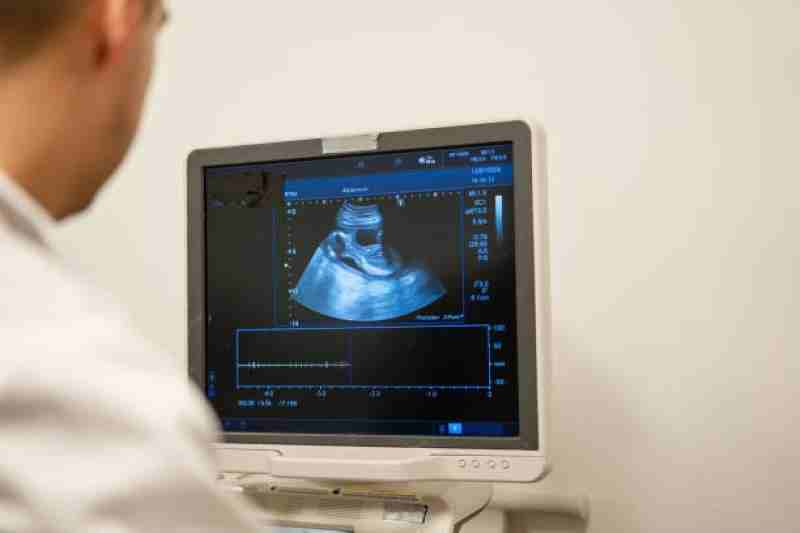





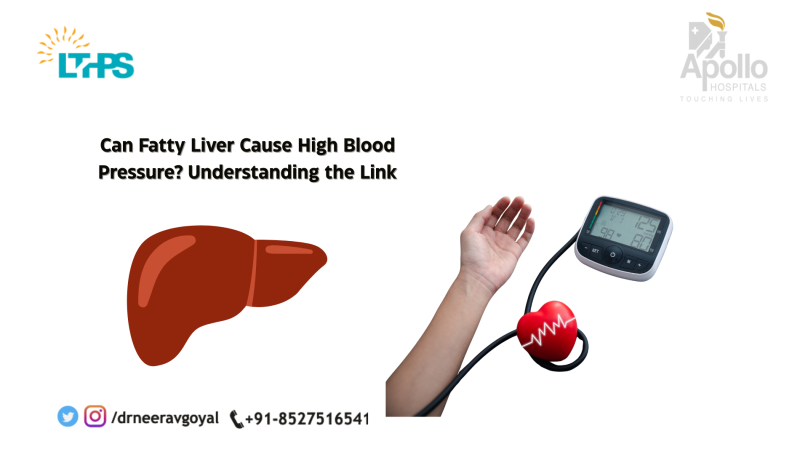

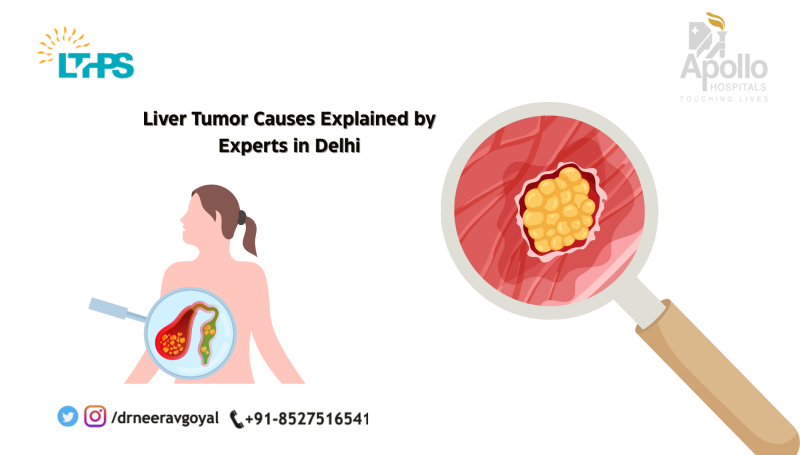
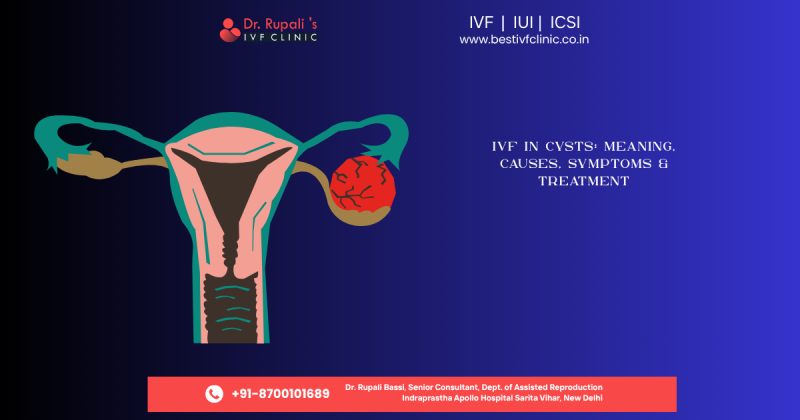



 Close Menu
Close Menu